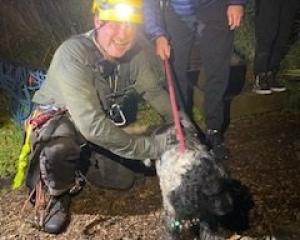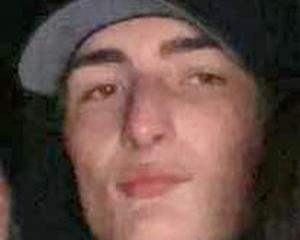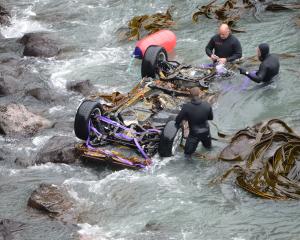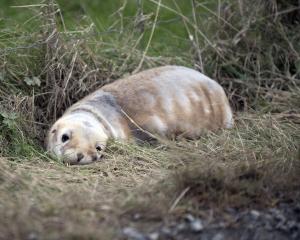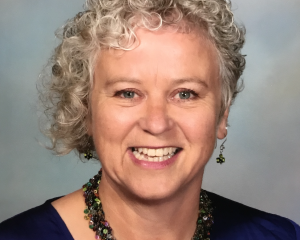They came in their thousands to ensure names etched in stone do not fade into the blackness of history.
And, in the blackness of pre-dawn, an estimated 9000 people stood still and silent in the cold as they pledged to remember them.
The crowd of warmly dressed men, women and children joined military representatives in full regalia for yesterday's 6.30am Anzac Day dawn ceremony at the Dunedin Cenotaph in Queens Gardens.
After being greeted by twin blasts from a 104 howitzer, they paid respect to all New Zealanders and Australians who served their countries in war.
Among the speakers, Wing Commander Aaron Young, of the Royal New Zealand Air Force, struck a chord as he spoke of the need to remember, 100 years on from the outbreak of World War 1.
The anniversary would be a poignant reminder to all New Zealanders of the sacrifices made by thousands in serving their countries, he said.
''September of this year will mark 100 years since Otago and Southland troops first embarked on trains at the Dunedin Railway Station for Port Chalmers, where they boarded ships and sailed off to war.
''It is an ideal opportunity for us to ensure those men and women do not become merely names inscribed on our cenotaphs and memorials. They are and always will be the sons and daughters of New Zealand, and we will remember them.''
The Wellington-based RNZAF career management director was also speaking from experience, having been deployed in 2003 to Afghanistan for Operation Enduring Freedom.
But it was World War 1 that had taken a particularly savage toll, as more than 100,000 New Zealanders, mostly young men, served - about 10% of the country's population at the time.
About 18,000 of them died, nearly one in five of those who left New Zealand shores.
W Cmdr Young said the campaign at Gallipoli changed forever the notions New Zealanders had of themselves.
''In 1914 about a fifth of New Zealanders had been born overseas, mainly in the United Kingdom, and for the vast majority the British empire was central to their perception of who they were and their place in the world.
''At Gallipoli, New Zealanders discovered something important about their identity, and since 1915 New Zealanders - whatever their background - have developed unique bonds through shared adversity, at Gallipoli, El Alamein, Bamyan and 1000 places in between.''
W Cmdr Young said New Zealand's present population had about the same percentage of foreign-born residents, who brought with them memories of war and conflict in their many different home nations.
It was important for their knowledge and experiences to be blended with those of multi-generational New Zealanders.
W Cmdr Young said everyone assembled at Anzac services had different understandings of loss and sacrifice, but all could be proud of the battle honours and traditions of servicemen and women, as well as the Kiwi traits of ''mateship, professionalism, respecting others and getting the job done''.
Service convener Lox Kellas was pleased with the weather and the crowd.
''What stood out to me was the presence of the schools. It was outstanding, just a sea of young people,'' he said.
Advertisement






